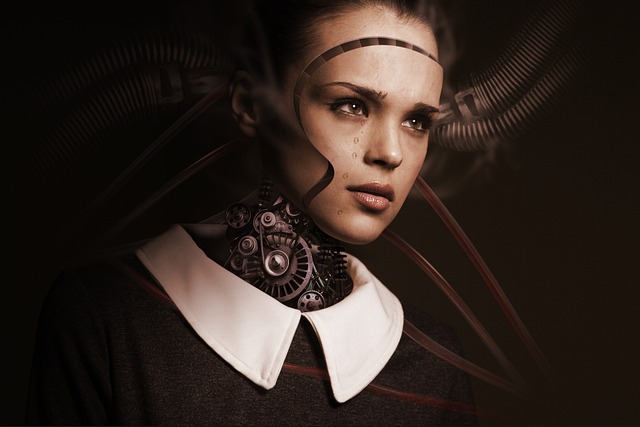AI Trends 2025: The Future of Artificial Intelligence
Explore the transformative AI trends shaping 2025 and beyond, revealing technology's potential impact on industries and daily life.
Table of Contents
Introduction
Artificial Intelligence (AI) is revolutionizing the world, ushering in changes that promise to reshape how we live, work, and interact. As we look to 2025, the evolution of AI technologies signals a significant leap into a future rich with possibilities and challenges. This article dives into the anticipated AI trends, offering insights into how these innovations can transform industries and daily life, and what that means for all of us.
Hyper-Automation Revolution
The concept of hyper-automation has rapidly advanced, promising to become a cornerstone of industrial evolution by 2025. This trend leverages a combination of AI, machine learning, and robotic process automation to automate complex business processes seamlessly...
- Increased Efficiency: Companies will experience heightened productivity by automating repetitive tasks.
- Cost Reduction: Minimizing errors and optimizing time will lead to substantial cost savings.
- Enhanced Decision-Making: AI provides data insights that lead to smarter business strategies.
- Scalability: Processes can be scaled efficiently without proportional resource increases.
AI in Healthcare
Healthcare is witnessing one of the most impactful integrations of AI. From precision medicine to personal health assistants, AI is poised to transform this industry. With AI-driven diagnostics, the accuracy of detecting diseases such as cancer will dramatically improve...
- Proactive Patient Care: AI predictive analytics lead to early interventions.
- Precision Surgery: Robot-assisted surgeries enable intricate operations with higher precision.
AI-Driven Education
AI is redefining learning, making education more personalized and accessible. By 2025, AI will empower educators to tailor educational experiences, as smart algorithms adjust to students' learning styles...
- Adaptive Learning Platforms: Customize content based on individual learning curves.
- Virtual Tutors: Provide round-the-clock assistance and supplement classroom learning.
Augmented Reality and AI
The fusion of AI with augmented reality (AR) is set to revolutionize user experiences across various domains. Together, they make digital interaction immersive, whether in entertainment, real estate, or retail...
Sustainable AI
As AI technology advances, concerns about energy consumption and environmental impact grow. Sustainable AI focuses on creating eco-friendly algorithms and systems that minimize carbon footprints...
Ethical AI Challenges
As AI becomes more pervasive, navigating ethical dilemmas remains a top priority. Ensuring transparency, fairness, and accountability in AI algorithms is crucial...
Emergence of AI Artistry
The creative industry is experiencing a renaissance driven by AI. By 2025, AI will craft art, music, and literature, augmenting human creativity...
Conclusion
The foreseeable future of AI in 2025 is rich with opportunity and transformative potential. As we stand on the brink of these innovations, it's essential to embrace and guide these changes ethically. AI, woven into the fabric of our lives, will surely make the ordinary extraordinary.
FAQs
What is hyper-automation in AI?
Hyper-automation involves using advanced technologies, including AI, to automate processes in a scalable way.
How will AI impact healthcare by 2025?
AI will enhance diagnostics, personalize treatment, and offer predictive healthcare solutions, significantly improving patient outcomes.
Will AI replace teachers in education?
AI is more likely to augment rather than replace educators, providing personalized learning experiences and administrative assistance.
What are the environmental impacts of AI?
While AI offers efficiency gains, it also raises concerns about energy usage. Sustainable AI aims to reduce these impacts.
Why is ethical AI important?
Ethical AI ensures software decision-making is fair, transparent, and accountable, preventing discrimination and harm.
